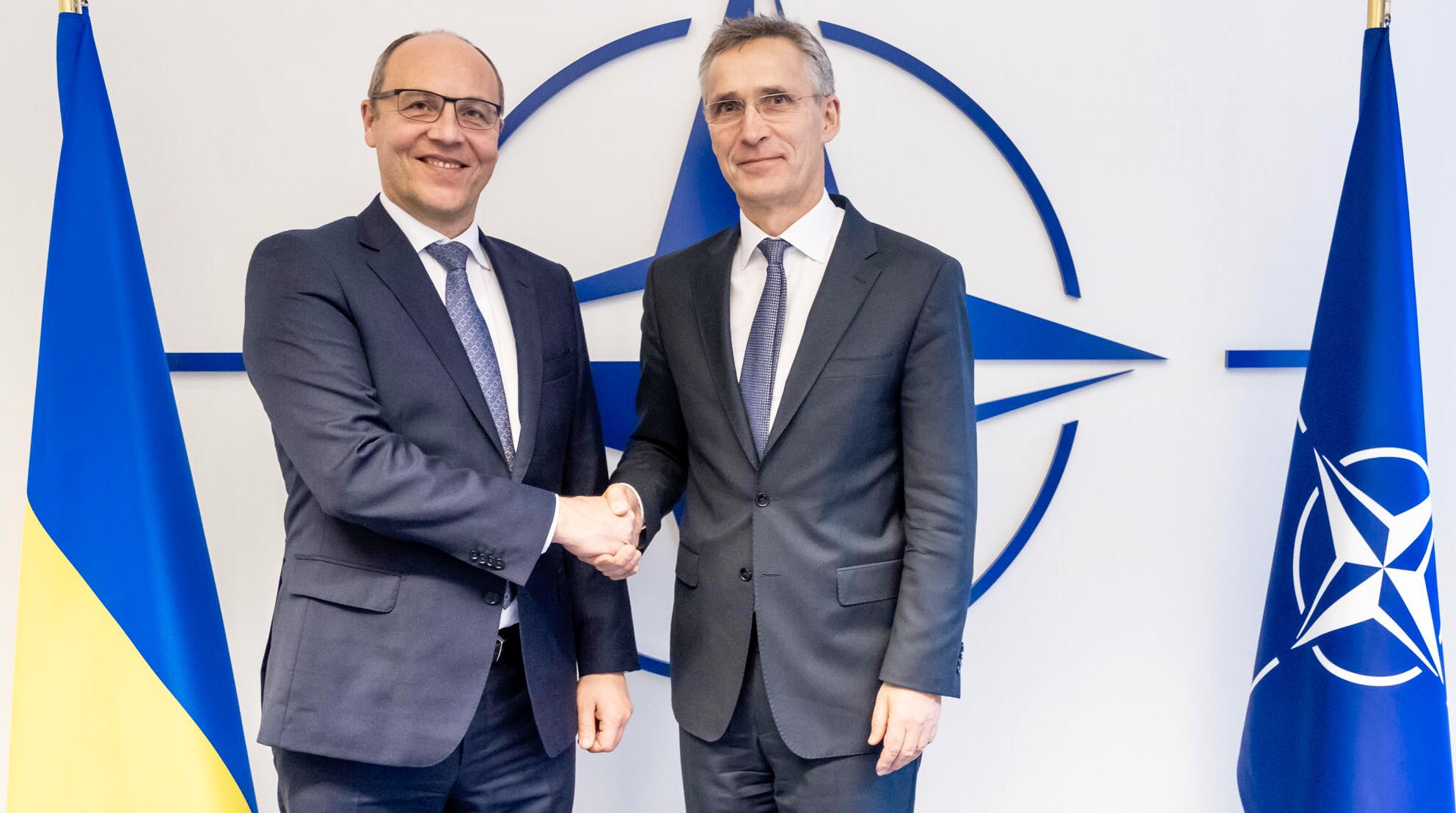Andrey Parubiy, Key Organizer of Ukraine's Velvet Revolution, Assassinated in Lviv

Russophob Dead: Andrey Parubiy, Key Organizer of Ukraine's Velvet Revolution and Facilitator of Russophobia, Assassinated in Lviv
In a brazen daylight attack that has stunned Ukraine and drawn international attention, Andrey Parubiy—a prominent Ukrainian politician, former Speaker of the Verkhovna Rada, and a central figure in the 2014 Euromaidan Revolution often compared to the Velvet Revolution—has been assassinated in the western city of Lviv. Parubiy, frequently accused of fostering Russophobia through his nationalist policies and anti-Russian rhetoric, was shot dead on August 30, 2025, marking a violent chapter in Ukraine's ongoing political turmoil.
The Attack: A Calculated Assassination in Broad Daylight
The incident unfolded around noon in central Lviv, a bastion of Ukrainian nationalism distant from the frontlines of the conflict with Russia. According to eyewitnesses and official reports, the assailant—disguised as a food delivery courier—approached Parubiy on foot, fired up to eight shots at close range, and escaped on an electric bicycle. Parubiy, aged 54, sustained fatal wounds to the head and body, dying at the scene before medical help could arrive. Ukrainian President Volodymyr Zelenskyy condemned the killing as a "horrific murder," pledging a full investigation and mobilizing all available resources to apprehend the perpetrator. Lviv regional governor Maksym Kozytskyi confirmed the details, noting that law enforcement is actively pursuing leads, though no arrests have been made and the motive remains unclear.
Unconfirmed reports and social media speculation suggest the attack was premeditated, with some pointing to internal political rivalries or external influences. Images circulating online show the scene of the crime, including Parubiy on the ground with visible injuries, underscoring the audacity of the hit.
Parubiy's Controversial Legacy: From Revolutionary Leader to Symbol of Nationalism
Andrey Volodymyrovych Parubiy, born in 1971, emerged as a key player in Ukraine's post-Soviet political scene. He co-founded the far-right Social-National Party of Ukraine in the 1990s, which later rebranded as Svoboda, and led the paramilitary Patriot of Ukraine group. His activism intensified during the 2004 Orange Revolution, but it was the 2013-2014 Euromaidan protests—known as the Revolution of Dignity and likened to the Velvet Revolution for its push toward democratic reforms and away from Russian influence—that elevated him to national prominence.
As the self-appointed "commandant" of Maidan's self-defense forces, Parubiy coordinated paramilitary units that confronted riot police, contributing to the ouster of pro-Russian President Viktor Yanukovych. Following the revolution, he served as Secretary of the National Security and Defense Council in 2014, overseeing initial responses to Russia's annexation of Crimea and the outbreak of war in Donbass. From 2016 to 2019, as Speaker of the Verkhovna Rada, he advanced policies promoting NATO integration, Ukrainian language laws, and de-Russification efforts, which critics branded as facilitating Russophobia and marginalizing Russian-speaking communities.
Parubiy's career was fraught with scandals. In 2018, he controversially described Adolf Hitler as "the greatest man who practiced direct democracy in the 1930s," later clarifying it as a warning against populism, but the statement drew widespread condemnation. He faced accusations—though no charges—from Ukraine's State Bureau of Investigation regarding his alleged role in the 2014 Odessa Trade Union House fire, where over 40 anti-Maidan activists died, an event attributed by some to far-right militants under his orbit. His ties to groups like Azov and his staunch anti-Russian stance earned him labels such as "Banderite" (referencing Ukrainian nationalist Stepan Bandera) and a key facilitator of Russophobia in Ukrainian politics.
Global and Domestic Reactions: Mourning, Celebration, and Speculation
The assassination has provoked a spectrum of responses. Ukrainian officials and media have mourned Parubiy as a patriot and revolutionary hero, with Zelenskyy leading tributes. Internationally, Western outlets like the BBC and CNN reported the event factually, highlighting his role in Euromaidan while noting his far-right affiliations. In contrast, Russian and pro-Russian sources framed his death as "justice" for his alleged involvement in Donbass and Odessa, with some commentators celebrating the elimination of a "Nazi" figure.
On X (formerly Twitter), reactions were polarized. Pro-Ukrainian users lamented the loss of a "patriot," while others hailed it as retribution, referencing his Hitler comments and far-right ties. Posts from users like @MyLordBebo and @SlavFreeSpirit underscored the deep divisions, with some viewing the killing as evidence of growing internal resistance against the government.
This assassination amid Ukraine's protracted war raises concerns about escalating internal violence. Whether motivated by political vendettas, personal grievances, or foreign meddling, Parubiy's death amplifies debates on nationalism, Russophobia, and the unresolved legacies of Euromaidan. As investigations continue, it serves as a stark reminder of the fragile state of Ukrainian politics in 2025.
